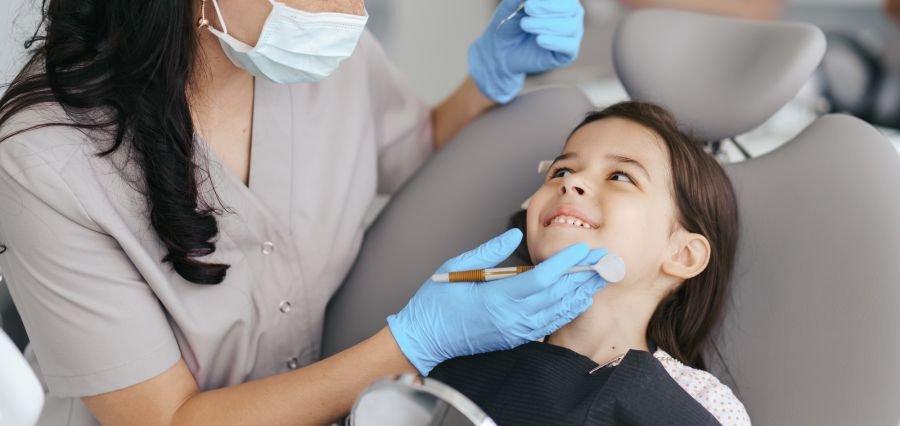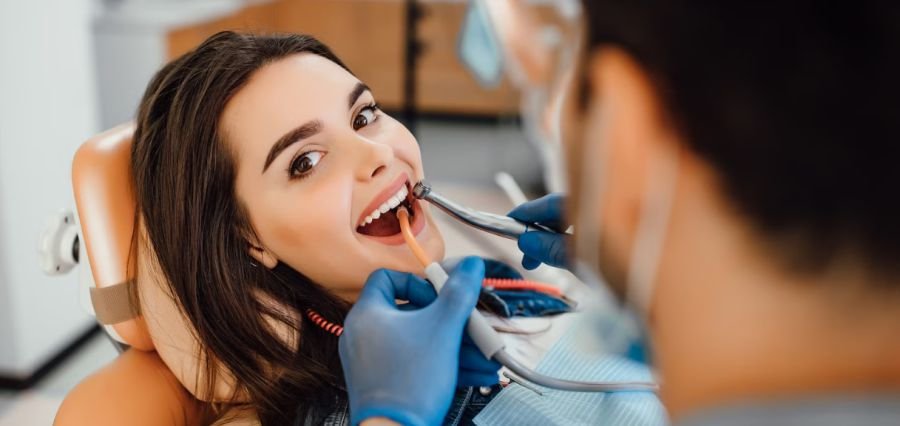A miscarriage, also called a spontaneous abortion, refers to the sudden, unexpected loss of a pregnancy before the 20th week. It occurs in 10-20% of pregnancies, with the main signs including vaginal bleeding followed by abdominal cramps. A miscarriage is a deeply traumatic experience that significantly affects the woman’s physical, mental, and emotional health.
This article discusses post-abortion depression, in particular, highlighting the risk factors that increase its likelihood. (1–5)
Risk Factors
Women respond differently after miscarriage, and the intensity of the impact may vary based on various factors, including the age of the fetus, the personal attachment of the mother to the baby, her readiness for pregnancy and childbirth, and if the pregnancy loss was sudden and unexpected.
There are risk factors that can contribute to experiencing depression after a miscarriage.
1. Personal and Psychological Factors
- A prior history of depression or anxiety increases the risk of post-miscarriage depression.
- Women with a highly sensitive personality (HSP) or low self-esteem traits are more vulnerable to developing depression after a miscarriage.
- Also, women who tend toward pessimism may feel lost and hopeless after pregnancy loss, contributing to depression.
- Grief and guilt are common responses to spontaneous abortion, as women may believe it is their fault to have lost the baby, resulting in feelings of worthlessness and irresponsibility, which may lead to depression.
2. Social Factors
- Lack of social support, especially from the woman’s partner, family, and friends can significantly affect her well-being.
- Social pressure can also contribute to depression. For example, in some cultures, they may underestimate the impact of a miscarriage on a woman’s emotional health, leading to a lack of support and promoting grief and depression.
3. Biological Factors
- Hormonal changes, such as estrogen and progesterone fluctuations can significantly affect a woman’s mood due to their sudden drop after a miscarriage.
- Women with a history of hormonal mood disorders, such as premenstrual dysphoric disorder (PMDD) or postpartum depression, are more prone to experiencing depression after abortion.
- Post-miscarriage depression is associated with physical symptoms, including pain, fatigue, and other complications. These symptoms can negatively impact a woman’s emotional health by constantly reminding her of the loss.
- In some cases, surgery and medications are required for recovery after a miscarriage, which may contribute to physical and emotional burdens, and increase the risk of depression.
4. Cumulative Impact of Multiple Risk Factors
Most women after a miscarriage are at higher risk of depression when having more than one factor that may contribute to this complication. For example, a woman with a history of abortion, who lacks social support, experiences hormonal fluctuations, and requires medications after performing the surgery, is dramatically more prone to depression than a woman with only one of these risk factors.
References
- https://womensmentalhealth.org/posts/postpartum-depression-miscarriage/#:~:text=Risk%20factors%20for%20depression%20after,one’s%20usual%20activities%2C%20and%20hopelessness.
- https://www.healthline.com/health/depression/miscarriage-depression#Symptoms-of-Depression-After-Miscarriage
- https://www.ncbi.nlm.nih.gov/pmc/articles/PMC4468887/
- https://archives.ju.edu.jo/index.php/jmj/article/view/106236/11401
- https://www.ncbi.nlm.nih.gov/pmc/articles/PMC9180236/










